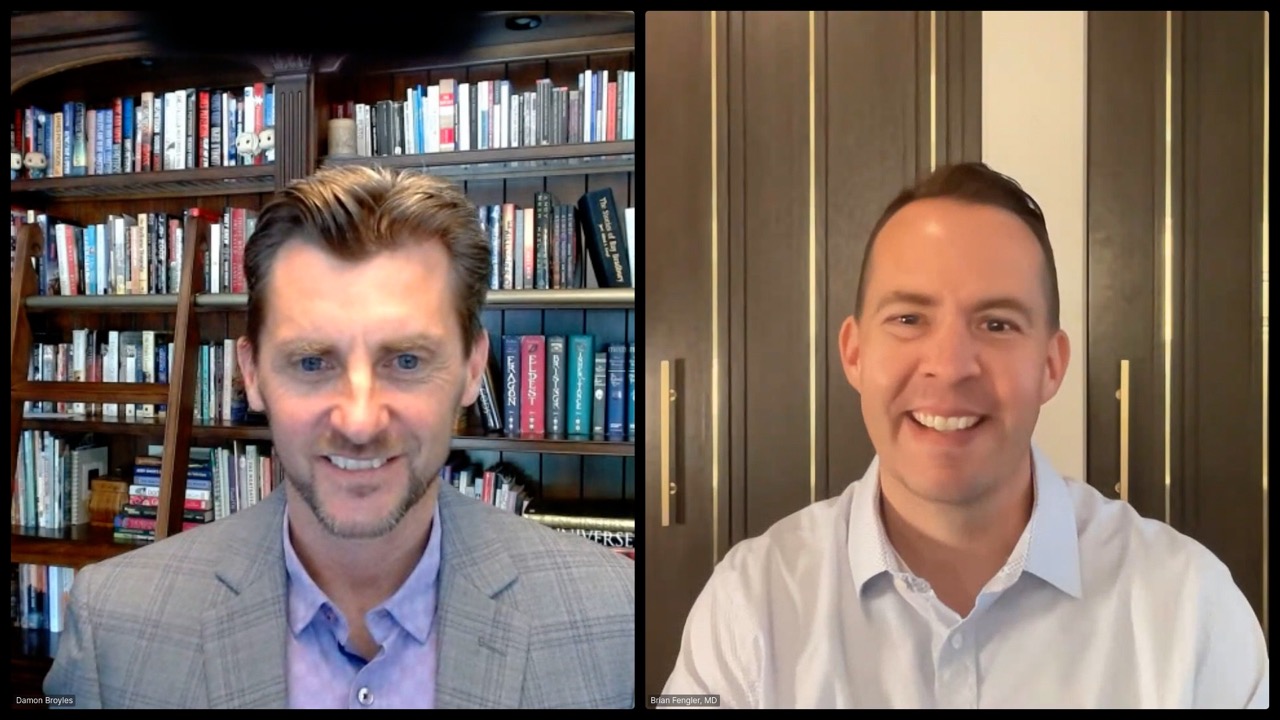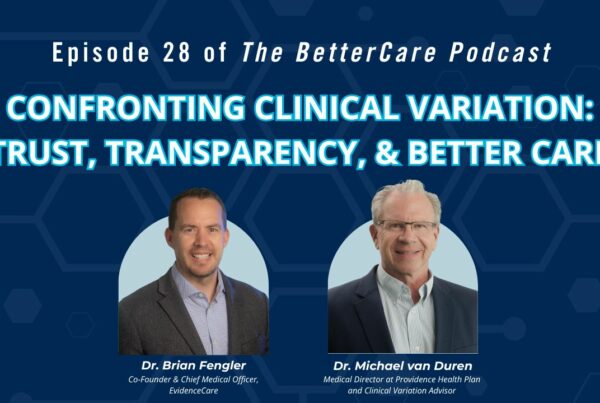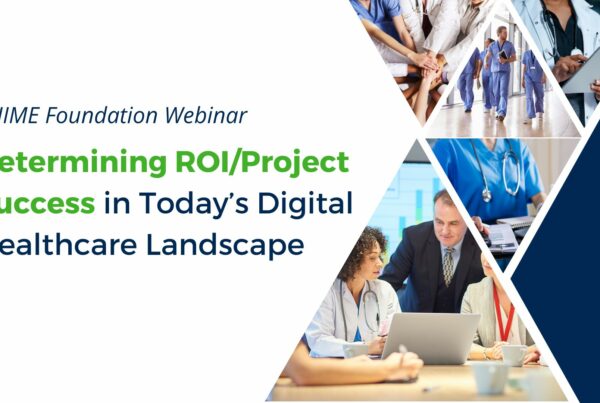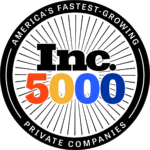In recent years, the healthcare industry has witnessed a remarkable transformation, driven by technological advancements. Dr. Brian Fengler of EvidenceCare interviewed Dr. Damon Broyles of Mercy Technology Services for an episode of The Better Care Podcast, and throughout this interview it became evident that numerous innovations are shaping the future of the industry.
In this article, we will highlight key developments based on their conversation that are enhancing patient care, streamlining processes, and improving healthcare experience.
Some quotes have been slightly edited for brevity.
Telehealth and Remote Patient Monitoring
Telehealth has emerged as a game-changing approach that enables remote consultations and reduces the need for in-person visits. Telehealth and virtual care continue to gain momentum, with health systems investing in telehealth infrastructure. Patients now have convenient access to healthcare professionals for routine check-ups, follow-ups, and chronic disease management. Virtual care not only increases convenience but also lowers healthcare costs while enhancing patient outcomes.
“It’s really exciting over the last year and a half to see the different ways that our patients can access primary care and nursing. It’s a very deliberate strategy to be able to say that no matter what today brings for you as a patient, there’s a primary care clinical option that meets your needs.
Part of that involves giving our clinical offices the ability to act as their own virtual care center and how each of those options that is the most effective for the patient at that point in time can be frictionless for the provider and the clinical staff as well.” – Dr. Broyles
Remote patient monitoring (RPM) is gaining momentum, particularly in managing chronic conditions. RPM employs wearable devices and mobile apps to continuously collect patient data. Healthcare providers can monitor patients’ vital signs and intervene promptly if concerning trends emerge. This proactive approach not only improves patient outcomes but also reduces hospital readmissions.
AI and Predictive Analytics
Artificial intelligence (AI) and predictive analytics are revolutionizing healthcare by leveraging vast amounts of patient data to provide personalized treatment plans. These AI-powered algorithms assist physicians in making more accurate diagnoses and predicting potential health risks.
And while AI captures a lot of the headlines, some of the best innovations in technology are focused on optimizing hospital workflows, reducing administrative burdens, and improving patient management, ultimately leading to better healthcare quality and efficiency.
“A lot of the innovation that we do involves working with our clinical leaders and partners to drive process innovation and workflow innovation. Technology is a part of it, but the build can enable new ways to think about how you deploy resources and create new processes that don’t burden the cognitive processes of being a nurse or provider.
The most efficient process is the one that you don’t have to do. So, if we can look into prediction and get upstream of the encounter and the intervention for our clinicians, then that’s a better, more efficient solution. We’re not even asking them to do a more efficient process; we’re saying, ‘you don’t need to do this at all.’” – Dr. Broyles
Population Health Management
Health systems continue the hard shift toward value-based care and population health management. Instead of solely addressing illnesses, providers are focusing on keeping populations healthy and preventing diseases. This approach involves analyzing social determinants of health, implementing interventions, and harnessing technology to identify at-risk patients and tailor interventions accordingly.
“Our primary goal is to proactively address the root causes of illness by identifying precursors and social determinants of health. However, simply identifying these issues isn’t enough. We collaborate with external vendors to source practical solutions for problems like housing insecurity and access to basic needs.
Our aim is to make these solutions as accessible as essential medications, enabling patients to address these pressing issues that significantly impact their health and disease trajectories with ease.” – Dr. Broyles
Clinician Wellbeing and Burnout Mitigation
Recognizing the importance of clinician wellbeing, healthcare organizations are implementing strategies to reduce burnout. Technological solutions, such as AI-driven documentation assistance and workflow optimization, streamline administrative tasks, enabling clinicians to spend more quality time with patients. Additionally, offering resources for stress management and mental health support is now an integral part of healthcare organizations.
“There aren’t many purely administrative tasks on the clinical frontlines. While there are administrative tasks, they often require some level of clinical discernment to a significant extent. There may be other individuals in the office who possess clinical knowledge, but these tasks are not purely administrative.
I believe this is where the ability to combine technologies, such as generative technology, true automation technologies, and data science strategies, and stacking them together, will address the mixed-use problems within the administrative space of healthcare.” – Dr. Broyles
Transparent Utilization Data
Software like CareGauge provides real-time utilization data to clinicians, empowering them with insights into their practice patterns. With CareGauge, physicians gain insights into cost and care utilization, including length of stay, imaging, labs, medications, procedures, and more. This transparency facilitates better decision-making and more efficient care delivery.
“CareGauge is such a unique and focused solution to the problem of exposing our providers to utilization data. We can’t address what we don’t measure or allow insight into. So it’s something that is, I think, a slam dunk.” – Dr. Broyles
—
From telehealth and virtual care, providing convenient access to healthcare professionals, to the power of artificial intelligence and predictive analytics, revolutionizing diagnoses and workflows, healthcare is becoming increasingly efficient, patient-centered, and physician-satisfying.
Innovations in remote patient monitoring and data transparency software, like CareGauge, are also making significant strides, further improving patient satisfaction, physician efficiency, and the overall healthcare experience. This transformation reflects a deep commitment to a promising future in healthcare.
Listen to the Full Episode of The Better Care Podcast, to hear Dr. Broyles and Dr. Fengler discuss more strategies for implementing innovative technologies in health systems. Available now on all major podcast platforms.


